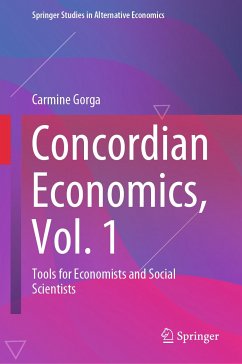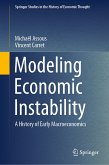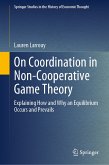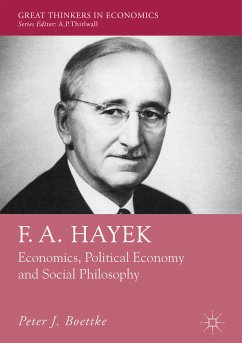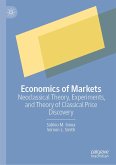This is the first part of a two-volume set on Concordian economics, a new paradigm whose core completes the Aristotelian-Aquinian project of economic justice. The book delves into the history of economics and presents Concordian economics as a response to the concerns and shortcomings of mainstream economics. Demand-side economics is represented in the process of consumption-the expenditure of monetary wealth to acquire real wealth and financial wealth of a different nature. In contrast, supply-side economics is represented in the production process, the process of producing real wealth, e.g. tables, chairs and foodstuffs. Institutionalists will also welcome this book because it ties the world of real wealth to that of monetary wealth through the process of distributing the value of ownership of both monetary and real wealth as they are created.
The book begins with an introduction to Concordian economics, followed by a discussion of how to restore relevance to thefield of economic studies. It also presents a revision of the Keynesian model designed to gradually address the major social, economic, and political causes of discord. Moreover, the author warns against the separation of economics from the world of physical things as well as the world of legal and moral issues. Following a discussion on the measurement of real wealth, econometrics is introduced in accordance with the categories of Concordian economics. Lastly, the book develops a theory of economic justice by defining a set of economic rights and responsibilities that guide economic behavior and policy.
This book appeals to scholars and students of economics and related fields, as well as anyone interested in reintegrating economics into the social context.
Dieser Download kann aus rechtlichen Gründen nur mit Rechnungsadresse in A, B, BG, CY, CZ, D, DK, EW, E, FIN, F, GR, HR, H, IRL, I, LT, L, LR, M, NL, PL, P, R, S, SLO, SK ausgeliefert werden.

